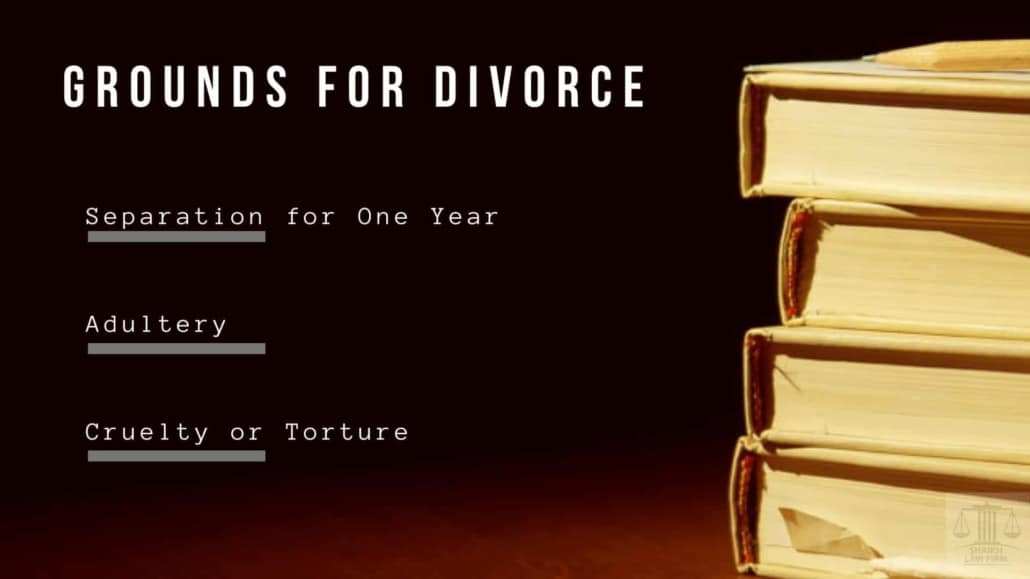If your goal is to achieve a swift divorce in Ontario and keep expenses low, understanding the various types of divorce applications is crucial.
Three types of divorce applications can be filed in Ontario:
1. Uncontested Simple Divorce
2. Uncontested Joint Divorce
3. Contested Divorce or Divorce with Additional Relief.
Both Simple and Joint Divorce fall under the category of Uncontested Divorce. The divorce application form for these types is Form 8A, where you’ll need to specify whether you’re filing a Simple or Joint Divorce.
In comparison, an Uncontested Divorce is generally the fastest and least expensive route to finalizing a divorce in Ontario, as opposed to a Contested Divorce. It’s essential to understand that when you file for a Simple or Joint Divorce, your application is strictly requesting the divorce. However, with a Joint Divorce, you can request additional court orders, provided that you’ve included a legally binding Separation Agreement with your divorce application.
Distinguishing Between Simple & Joint Divorce
The key difference between Simple and Joint Divorce lies in the service of documents. When filing for a Simple Divorce, you’re required to serve a copy of the Divorce Application to the other party. In contrast, when filing for a Joint Divorce, serving a copy of the application to the other party isn’t necessary.
Divorce with additional relief is more costly and time-consuming. For this, you would need to use Divorce Application Form 8. Typically, this type of divorce is pursued when seeking additional relief such as child support, property division, and more. In such cases, the primary focus extends beyond the divorce to other relief claims.
Therefore, if you seek a quick and cost-effective divorce in Ontario, consider filing for an Uncontested Divorce.
Differentiating Between Uncontested & Contested Divorce
As the terminology implies, in an Uncontested Divorce, the other party doesn’t contest, dispute or challenge the claims stated in the Divorce Application.
Conversely, in a Contested Divorce, the other party objects to some or all the claims made in the Divorce Application. These may include claims related to child custody, child support, spousal support, property division, etc.
Again, the type of application you choose depends on your specific circumstances, and a skilled divorce lawyer can guide you in making this crucial decision.









